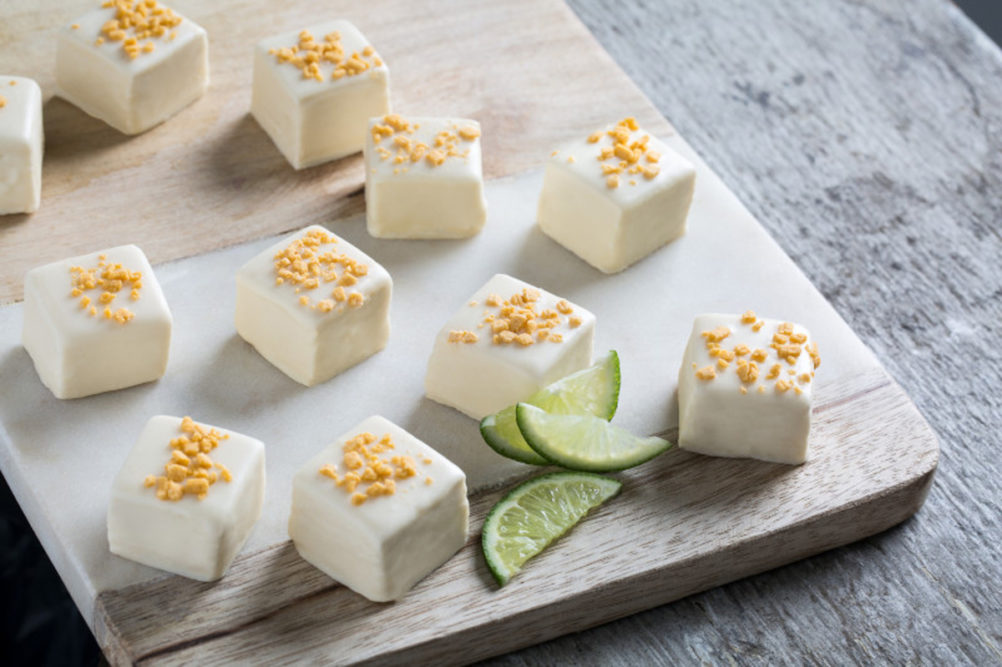Snacking has disrupted the conventions around how people eat. Consumers now snack almost constantly, blurring the line between what constitutes a snack and what constitutes a meal, according to Mintel research. The idea of a snack as something consumed between meals only, has evolved. Our current lifestyle, with hectic schedules and less time to spend on preparing food, has in many cases elevated the snack to a meal.
In the U.S., research shows that 62% of healthy snackers say they sometimes eat snacks in place of a meal. In Poland, the figure is 43%, in the UK 37%, and in Germany 35%. Large numbers of French, Italian and Spanish consumers also often snack instead of eating a main meal, according to research.
This “snackification” of our eating habits is driving incredible growth in the sector. Of note, 80% of global consumers are planning to have a healthier diet as a result of COVID-19.
Over the years, and particularly since the outbreak of the COVID-19 global pandemic, consumers’ mindsets have shifted to wellbeing as they embrace the link between diet and health. As a result, their needs and expectations — beyond simply taste, variety and cost — now extend to added functionality in everyday foods.
For instance, 41% of consumers believe consuming food and beverages with added functional benefits is one of the best ways to manage their health.
With protein gaining demand as a key need for today’s consumers, Kerry helps bakeries produce premium protein bars with added protein (plant, dairy or plant/dairy), probiotics and flavors – such as a uniquely flavored tomato basil bar.
These bars are moving to be eaten throughout the day and savory flavors are meant for later in the day, as they are more savory options. And one way to encourage consumers is to add functionality to the bar – protein, probiotics, etc.
The advent of COVID-19 in 2020 has accelerated the consumer search for food and beverages that are not only “good-for-you” but which are also environmentally friendly, and which can help in the fight against climate change.
While consumers had already become dramatically more proactive over the past decade about health and wellness, the COVID-19 pandemic exponentially heightened their focus on nutrition and health.
Satisfying the health-conscious consumer is a growing business.
Globally, 50% of consumers have increased their consumption of fortified food and beverages in the last 12 months, according to Innova.
In parallel, the pandemic has had a significant impact on people’s mental health, with prolonged periods of stress and anxiety. This has driven many to turn to comfort food to feel safe and in control.
The spike in popularity was evident with an increase of sales for cookies, ice cream, sugar confectioneries and many other comfort foods categories, according to Innova.
Another trend of note is consumers’ increased awareness of their impact on the environment. Alongside the renewed focus on health, this concern is leading many to increase their plant-based food intake.
Plant-based alternatives are perceived as being a more environmentally friendly protein source.
Amid this accelerating consumer focus on health and wellness, the appeal of convenient protein bars as snacks continues to grow, with a growing appeal of those that contain high protein quantities.





